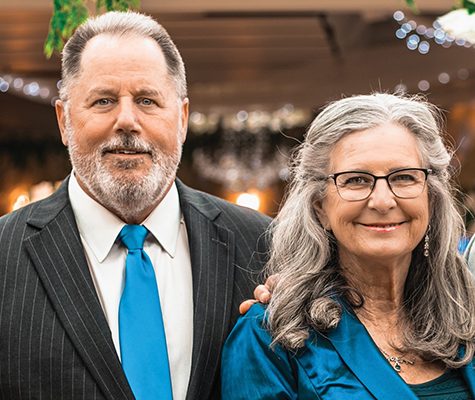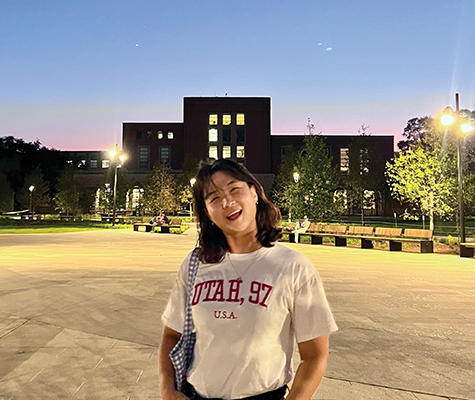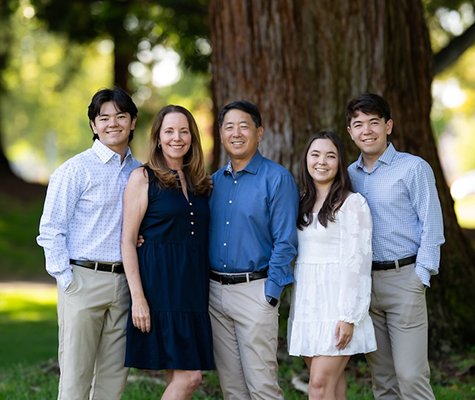Giving Women a Home at Rice:
The Legacy of Mary Gibbs Jones
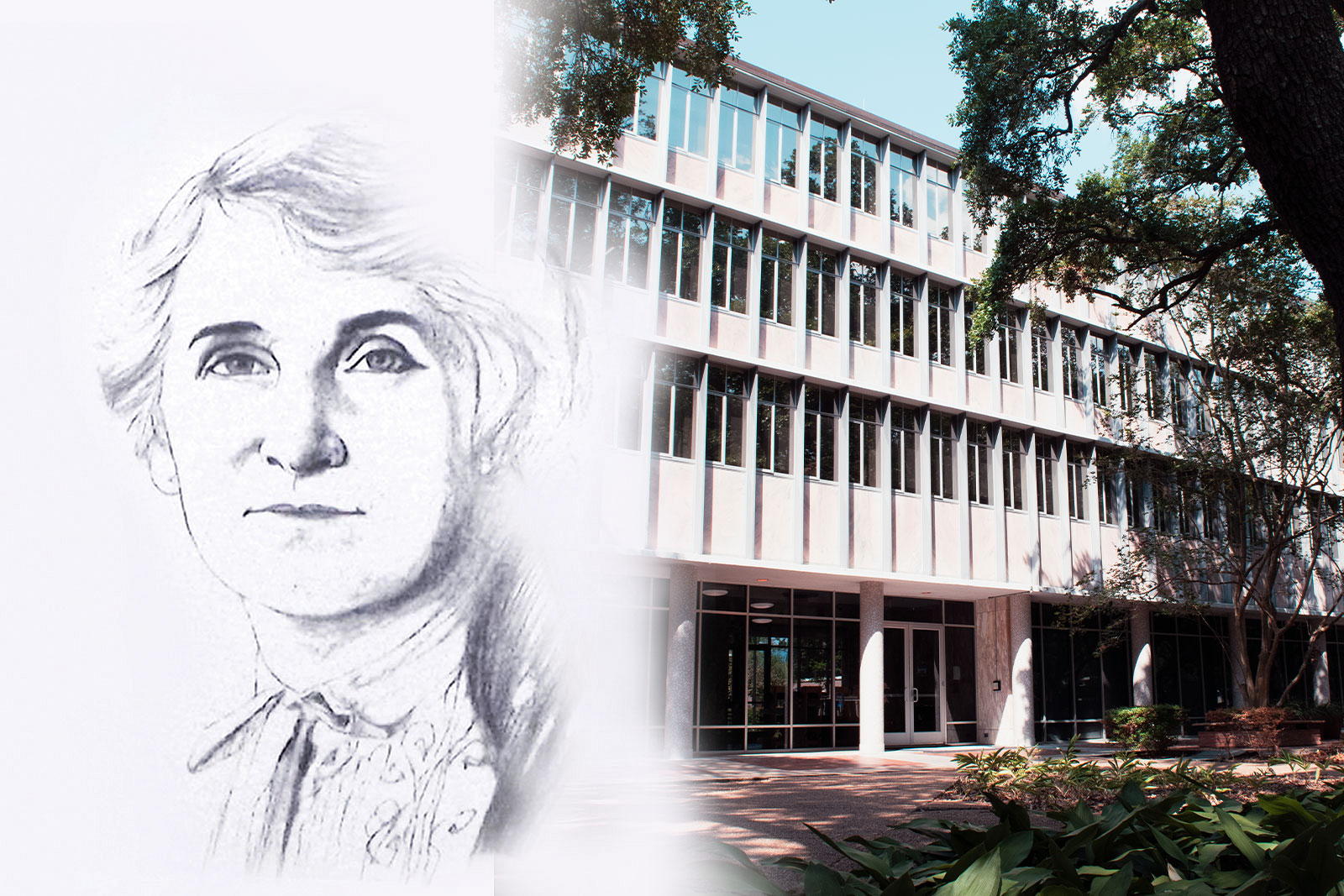
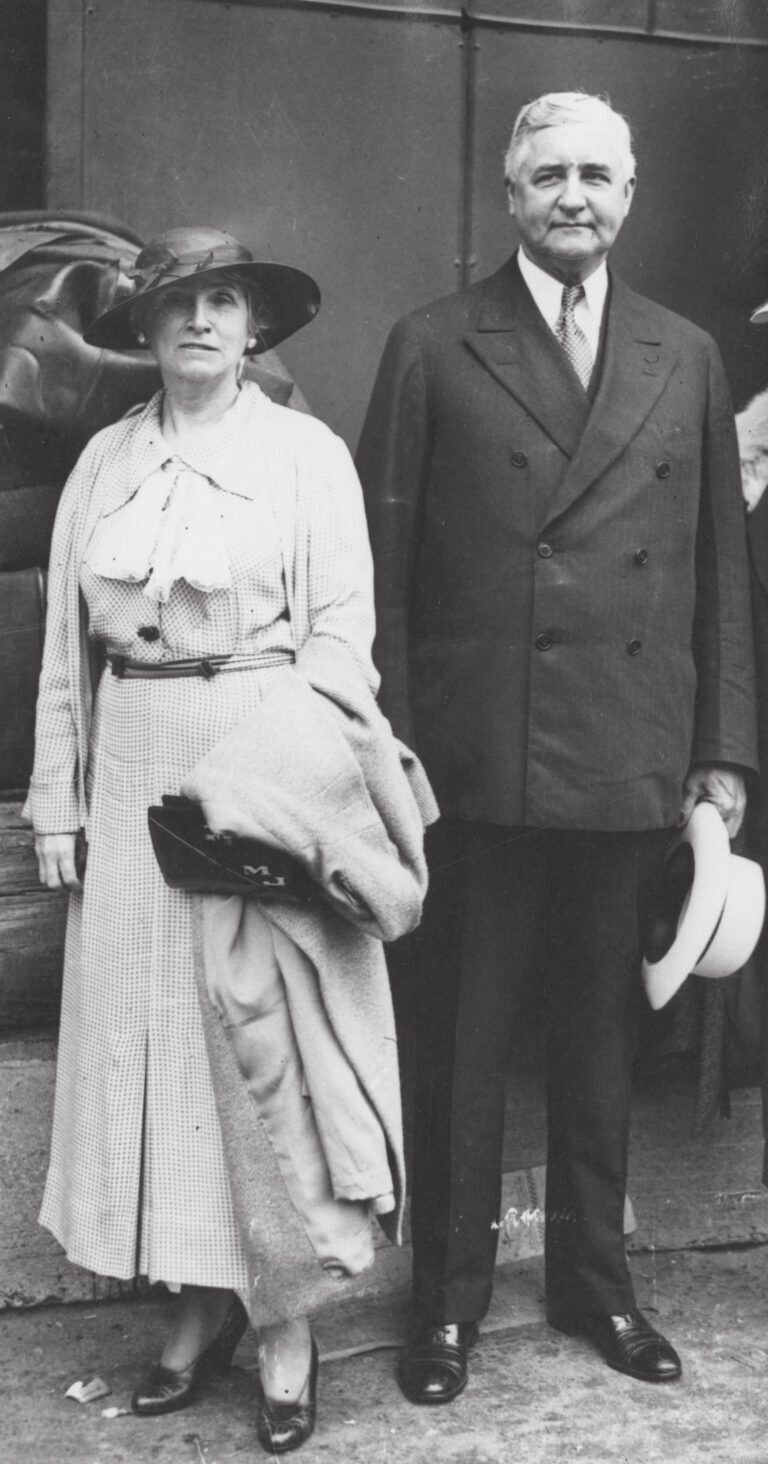
With the university increasing its student body by 20%, Rice’s hallmark residential college system is undergoing one of its most ambitious periods of growth in a storied 66-year history, with a completed Sid Richardson College and plans for two new residential colleges and a new servery by 2026. With this transition underway, we revisited another moment of transformation at the outset of the residential college system — when Mary Gibbs Jones became a permanent fixture of campus, ushering in a new era for Rice women.
It isn’t an exaggeration to say that Jesse H. and Mary Gibbs Jones are Texas legends whose generosity shaped Rice and Houston for generations. Jesse, who was born on a tobacco farm and received an eighth-grade education, was a wildly successful businessman, civic servant and philanthropist. His wife, Mary, who graduated from Methodist College in Waco, shared a passion for philanthropy with Jesse, leading them to establish the Houston Endowment in 1937.
Mary’s influence on the foundation was significant. Her love for literature, music, education and travel fueled a lifelong interest in learning and the arts. She wrote poems for herself and her husband, and she was credited with bringing opera to the radio in Houston. Together with Jesse, she supported numerous scholarship programs, with careful consideration to include women. In 1954, she joined Houston Endowment’s board of directors.
In 1955, Mary and Jesse saw an opportunity to make a lasting impact on Rice when President William Houston announced the launch of the residential college system and the establishment of four all-male colleges. For decades since the university's founding, women weren’t allowed to live on campus; but within weeks of the announcement, the Houston Endowment gifted Rice $1 million to build Mary Gibbs Jones College, finally giving women a place on campus and within the college system.
Jesse Jones passed away before the college opened in 1957, but it’s clear that Jones College was his personal tribute to Mary. In a letter to President Houston, Jesse wrote, “You may rest assured that it afforded us genuine satisfaction to be able to make this gift to Rice, and to me it was a means by which I could honor my wife.”

